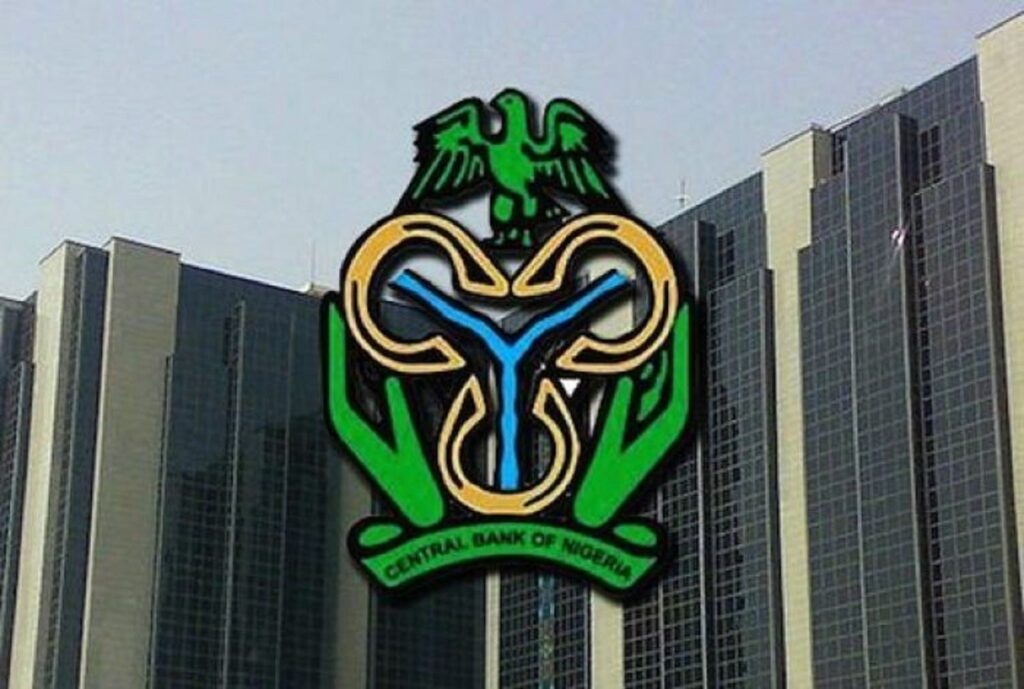The World Bank Group has asked the federal government of Nigeria to reduce borrowing from the Central Bank if it desires to bring down the inflationary pressure on the economy.
This was disclosed by the World Bank’s Lead Economist for Nigeria, Alex Sienaert, on Thursday during an economic review session at the Lagos Business School.
Sienaert in his keynote address lauded the government over its recent economic reforms, but remarked that these reforms would have to be sustained for the economy to recover from recent shocks and experience remarkable growth in the near future.

He said, “The whole agenda of tackling inflation is obviously a huge one. Some ideas include reducing subsidised CBN lending to medium and large firms and the government borrowing from CBN.
“All of these things increase the money supply and reducing that will be helpful to reduce inflation, and then replacing imports with FX restrictions with tariffs.”
He blamed the increased pressure on the economy on the hike in petrol price.
He said that different solutions would have to be devised in order to mobilise more revenue in a way that spending would be increased to tackle the real priorities in the country
The Lead Economist added that the Federal Government’s plan to disburse N8,000 as palliatives following the removal of fuel subsidy will increase the available earnings and income of about 50 per cent of Nigerians by 10 per cent.
Seinart, said many Nigerians would benefit from the extra cash from the government, since it would ensure that they did not have to skip a meal, pull a child out of school, or not go to the hospital.
See Also: Nigerian Banks Can Now Trade Forex At Any Rate ― CBN
He said, “The other thing we often hear is that N5,000 or N8,000 is a trivial amount of money. I think people will be shocked to know that for a huge number of Nigerian households, it is a very significant amount of money.
“I believe the statistics are that about 50 per cent of Nigerian households are on less than N60,000 a month. So, if you are giving them N5,000 or N8,000 extra for six months to help tie them over, you are increasing their earnings and available incomes on the order of 10 per cent. For many households, it would be meaningful.”
Seinart explained that the amount the government would spend on the cash transfer was not an enormous amount of money when compared to what it will gain from subsidy removal.
He noted, “I know what has been in the news is the idea of a N5,000 or an N8,000 cash transfer to needy households for about six months, if you look at that the cost of that it would be equivalent to just about one month worth of spending on the subsidy that happening before it was cancelled under the old exchange rates still less than two months’ worth under the new one.
“So, it is not actually an enormous amount of resources relative to what is being freed up and it might just help many poor and vulnerable households get through this without having to do things that harm their prospects like pull a school out of school, or not go to the hospital, or skip a meal, whatever the case might be.”
- Gov Alex Otti Reacts To Tribunal Judgment - October 7, 2023
- Fake Credentials: Soyinka Dares Accusers To Prove Allegations - October 7, 2023
- Ukraine Vow To Shun UEFA Competitions Featuring Russian Teams - September 27, 2023